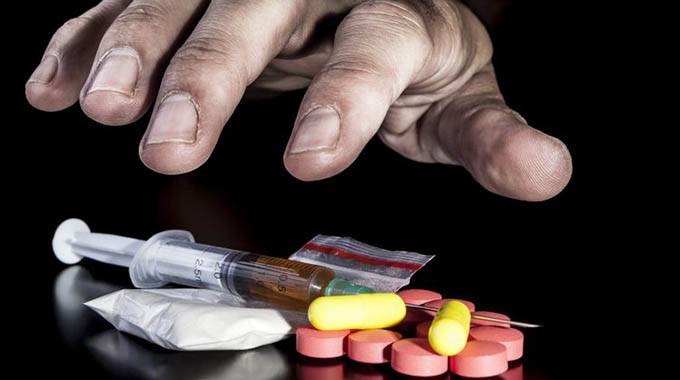Reasons why people continue drug use

Sacrifice Chirisa Mental Health Matters
Drug addiction is characterised by continued drug use despite harmful consequences. It is assumed that dysfunctional decision-making processes take centre stage to perpetuate this self-destructive behaviour.
The following are six ways in which addictive consumption choices can be pathologically impaired:
1) Genetic vulnerability: Why do only certain individuals become and remain addicted? There is substantial evidence for a genetic predisposition to develop addiction as this is seen to run in families.
2) Self-medication: Individuals suffering from emotional and stressful situations seek a non-medical way to ease their pain by harmfully using drugs. Drugs are used to smoothen the pain or to control physical symptoms like sleeplessness.
3) Lack of alternative rewards: The lack of alternative, non-drug rewards partly explains the demand for drug consumption. There is need for non-drug activation of the reward centre. Activities like exercise do help.
4) Impaired insight: Chronic drug abuse is associated with impaired self-awareness, a dysfunction of the insular cortex of the part of the brain for insight. This leads to denial and understating use and severity.
5) Intense craving: Intense wanting or craving for addictive substances is not necessarily accompanied by an enjoyment of their consumption. That is, even after the drug no longer brings pleasure, an addict can still feel a strong urge to use it. This has led to the use of anti-craving drugs in addiction treatment.
6) Stress: There is evidence that links chronic stresses to abuse of addictive substances. Adverse childhood experiences, such as physical and sexual abuse, neglect, domestic violence and family dysfunction, are associated with an increased risk for addiction. High emotional stress is associated with a loss of control over impulses and an inability to delay gratification.
Drug addiction is a brain disorder associated with altered decision-making that appears to overvalue pleasure, undervalue risk, and fail to learn from repeated mistakes.
Thus, addiction is a medical disorder and not a moral failure, so that most addicts will require long-term treatment, and relapse can be expected to occur sometimes during the treatment. Therefore, the occasional relapse is only a predictable setback, not a failure of the treatment. Recovery from addiction is a life-long feat. Addiction treatment aims to curb the above named reason.
It is never easy, but doable.
We have now adopted and refined international protocols to rehabilitate patients to the Zimbabwean context










Comments